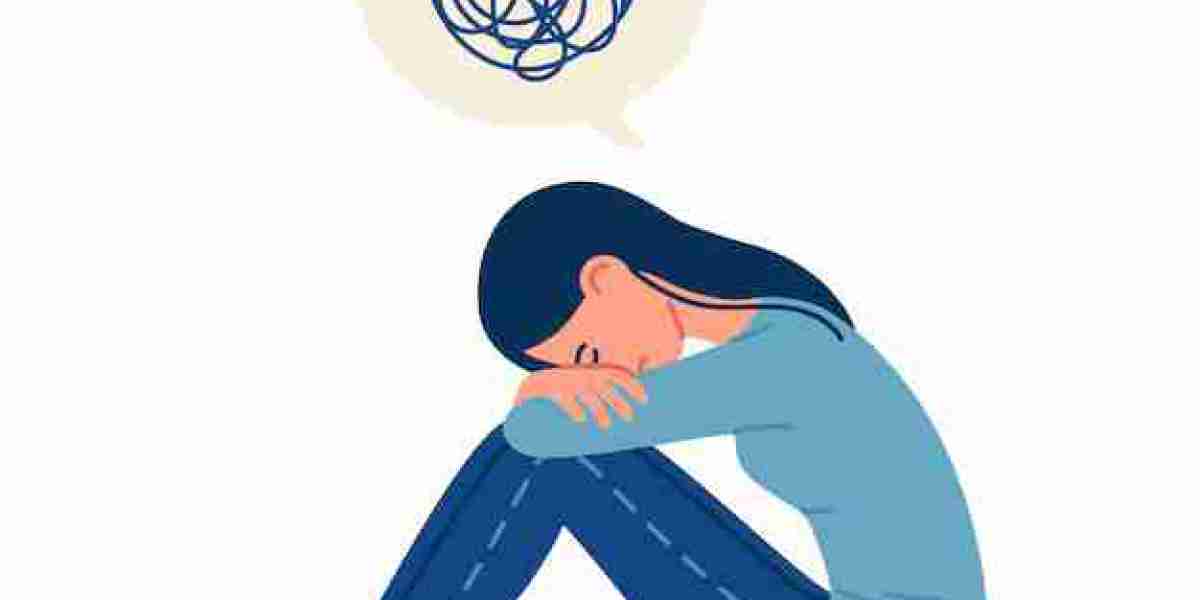Evening anxiety is the experience of increased anxiety or nervousness during the evening hours. This can occur as the day winds down and may be triggered by the anticipation of the upcoming day, unresolved tasks, or the quiet and stillness of the evening, which allows anxious thoughts to surface. Symptoms can include restlessness, difficulty concentrating, and trouble falling asleep. Managing evening anxiety often involves establishing a calming nighttime routine, practicing relaxation techniques, and addressing any underlying issues contributing to the anxiety.
what is an example Evening anxiety
An example of evening anxiety is when someone feels a growing sense of unease and restlessness after dinner. As bedtime approaches, they start to worry about the tasks and responsibilities awaiting them the next day. This anxiety manifests as racing thoughts, an increased heart rate, and difficulty focusing on relaxing activities like watching TV or reading. Consequently, they struggle to fall asleep, leading to a restless night and increased fatigue and stress the following day.
What Are the Evening anxiety Symptoms?
If you experience evening anxiety, an online counselor can help you better manage your symptoms and find relief. Seek professional guidance "OnlineCounselor" to recover and improve your well-being.
Restlessness: Feeling unable to relax or settle down.
Racing Thoughts: Experiencing a constant stream of rapid, uncontrollable thoughts.
Difficulty Concentrating: Struggling to focus on tasks or activities.
Increased Heart Rate: Noticing a faster-than-normal heartbeat or palpitations.
Tension in Muscle:- experiencing pain or stiffness in the muscles
Irritability: Becoming easily annoyed or frustrated over small things.
Worrying About the Future: Excessive concern about upcoming tasks, events, or responsibilities.
Trouble Falling Asleep: Difficulty drifting off to sleep due to anxious thoughts.
Night Sweats: Experiencing sweating during the night not related to temperature.
Breathlessness:- breathing difficulties or a sensation of not being able to breathe sufficiently.
Stomach Issues: Experiencing nausea, cramps, or other digestive problems.
Headaches: Suffering from tension headaches or migraines.
Feeling Overwhelmed: A sense of being unable to handle the demands of life.
Chest Tightness: Feeling pressure or tightness in the chest area.
Avoidance: Avoiding tasks or situations that might trigger anxiety.
Fatigue: Feeling unusually tired or drained, despite not engaging in physically demanding activities.
While self-help strategies can be beneficial, scheduling an appointment with a healthcare professional "Anxiety Counselling" can provide the support needed to overcome evening anxiety.
What Causes Evening anxiety at Night?
By working with a healthcare professional, individuals can identify these triggers, learn coping strategies, and develop a personalized treatment plan to address their evening anxiety and improve overall well-being.
Unresolved Stress: Accumulated stress from the day can manifest as anxiety in the evening.
Anticipation of the Next Day: Worrying about upcoming tasks, responsibilities, or events.
Lack of Distractions: The quiet and stillness of the evening can allow anxious thoughts to surface.
Overthinking: Reflecting on the day's events and possible mistakes or missed opportunities.
Poor Sleep Patterns: Irregular sleep schedules or insomnia can exacerbate anxiety.
Caffeine or Alcohol Consumption: Consuming stimulants or depressants late in the day can increase anxiety.
Sedentary Lifestyle: Lack of physical activity can contribute to increased anxiety.
Screen Time: Excessive use of electronic devices before bed can disrupt sleep and increase anxiety.
Financial Concerns: Worries about money and financial stability can peak in the evening.
Relationship Issues: Conflicts or concerns about personal relationships can cause evening anxiety.
Health Concerns: Worrying about one's health or the health of loved ones.
Diet: Poor eating habits, especially late at night, can affect mood and anxiety levels.
Hormonal Fluctuations: Changes in hormone levels, such as during menopause, can increase anxiety at night.
Chronic Pain: Ongoing physical pain can make it difficult to relax and fall asleep.
Lack of Routine: An unstructured evening routine can contribute to feelings of uncertainty and anxiety.
Traumatic Memories: Nighttime can trigger memories of past trauma, leading to increased anxiety.
In conclusion, evening anxiety at night can stem from a variety of factors including stress, lifestyle habits, hormonal changes, and underlying mental health conditions.







